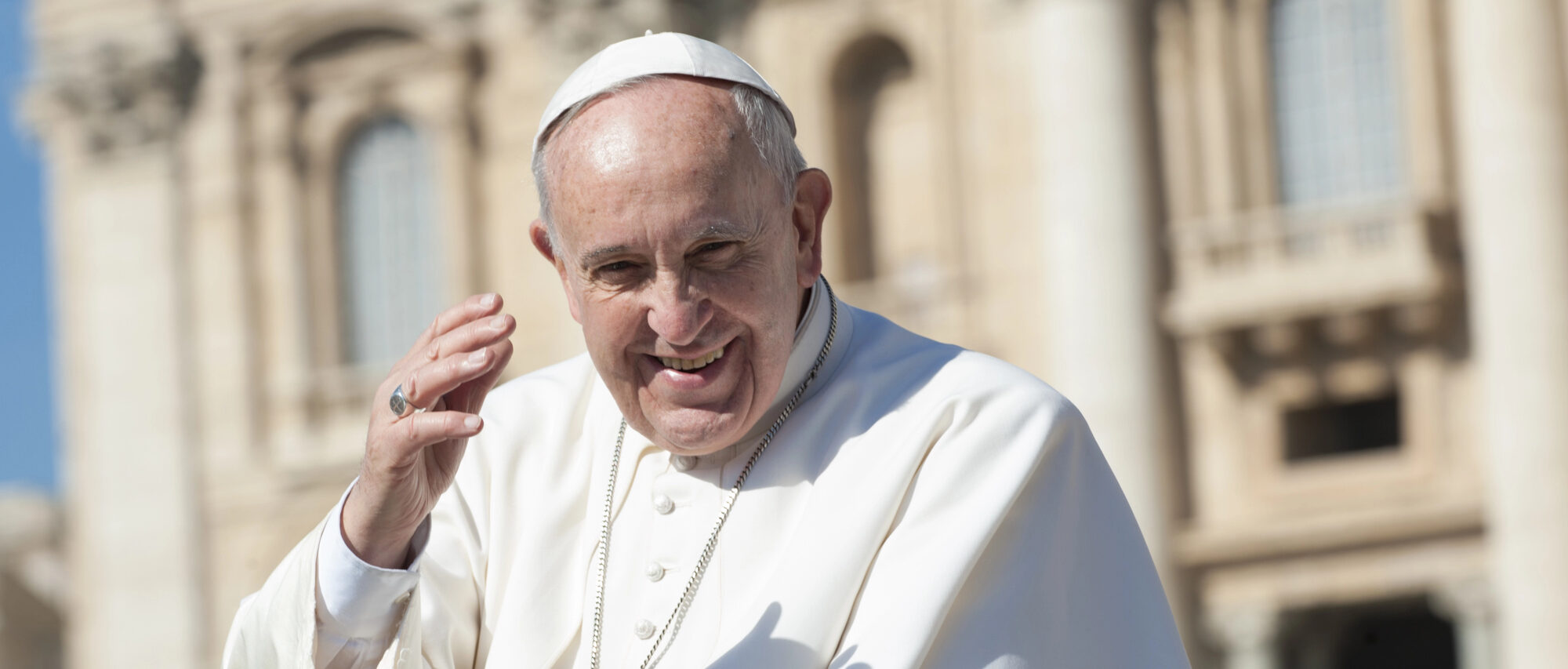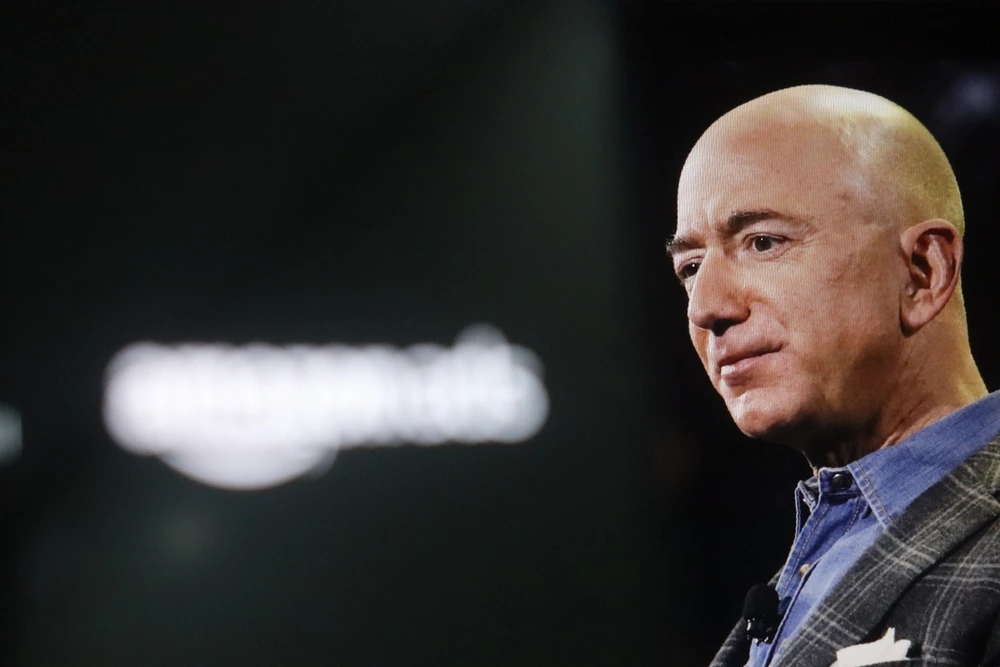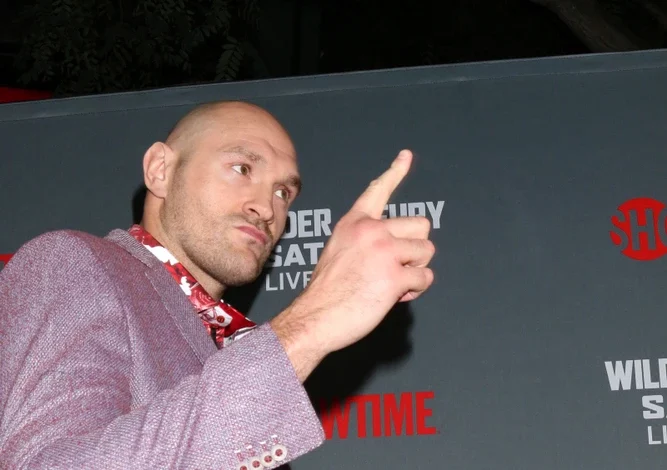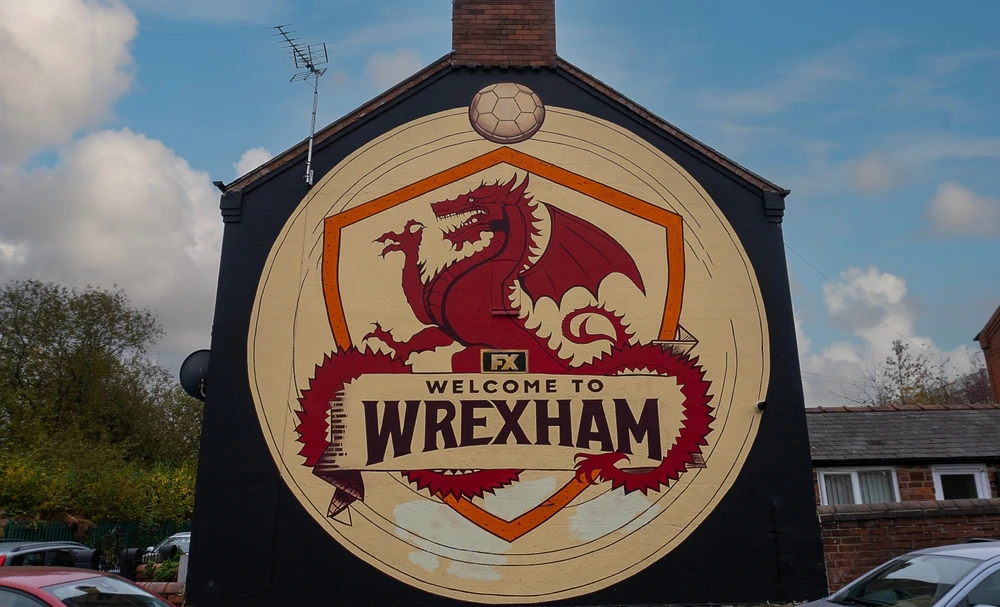Next Pope After Francis I: Will He Be from Africa?

Next Pope After Francis I: Will He Be from Africa?
As Pope Francis ages, speculation grows over who will succeed him as the head of the Catholic Church. Francis is now 88 years old, making him the oldest pontiff in over a century. While he has not indicated plans to resign anytime soon, he has confirmed that he signed a letter upon becoming Pope saying he would step down if health issues made it impossible to fulfill his duties.
Behind the scenes, potential successors have started positioning themselves for the eventual conclave to choose the next pope. Most Vatican observers do not foresee Francis retiring in the near future. However, his declining health means discussions over the next pontiff will intensify in the coming years.
The Rise of Candidates from the Developing World
One of the leading candidates is Filipino Cardinal Luis Antonio Tagle. At 65, Tagle would represent a younger Pope who could shepherd the church for many years. His nationality would also reflect the church’s changing demographics and growth in developing nations. Tagle would be the first Asian pope, showing the faith’s reach extends far beyond its European origins.
Tagle could face competition from other cardinals from Africa, Asia, and Latin America. These include Fridolin Ambongo from the Democratic Republic of Congo and Chibly Langlois from Haiti. Ambongo, 64, heads the organization of African bishops’ conferences, signaling his influence. Either would symbolize the church’s growth in the developing world.
Will the next pope be from Africa? 22bet21.com think so, and they are offering odds of 2/1 or 50%.
European Cardinals Still Hold Influence
While candidates from Asia, Africa, and Latin America reflect demographic changes, traditional European powers still carry sway in the College of Cardinals. Potential compromise choices include Italian Cardinal Pietro Parolin, the Vatican’s top diplomat, and Canadian Cardinal Marc Ouellet.
Supporters say Parolin, 68, could help the church move past controversial statements from Francis. The secretary of state is regarded as a discreet moderate. Ouellet, 78, oversees bishop appointments as head of the Congregation for Bishops. Backers believe he could ably manage church governance.
Other European options include Hungary’s Peter Erdő and Italy’s Matteo Zuppi. But the church’s center of gravity has shifted from Europe, making a non-European pontiff likely.
Conclave Outcome Remains Unpredictable
The cardinals who meet in the Sistine Chapel to choose the next pope represent a powerful group, despite its small size. Francis has appointed a majority of the cardinals eligible to vote in the next conclave. His selections reflect a shift away from traditional major dioceses toward more pastoral leaders concerned with poverty.
This will produce a much different profile than the conclave that elected Francis. There will be less focus on Italy, fewer curial bureaucrats, and more voices from Asia, Africa, and Latin America.
But papal elections remain notoriously hard to predict. Compromise candidates can emerge after multiple inconclusive votes, as cardinals seek consensus. Speculation before recent conclaves often proved off base once voting occurred.
While the church has globalized, Europeans still hold half the cardinal positions. The demographics point toward the likelihood of the first African or Asian pope, but when that breakthrough occurs remains unknown. For now, the field appears open as cardinals evaluate who can lead the church in an uncertain era.




